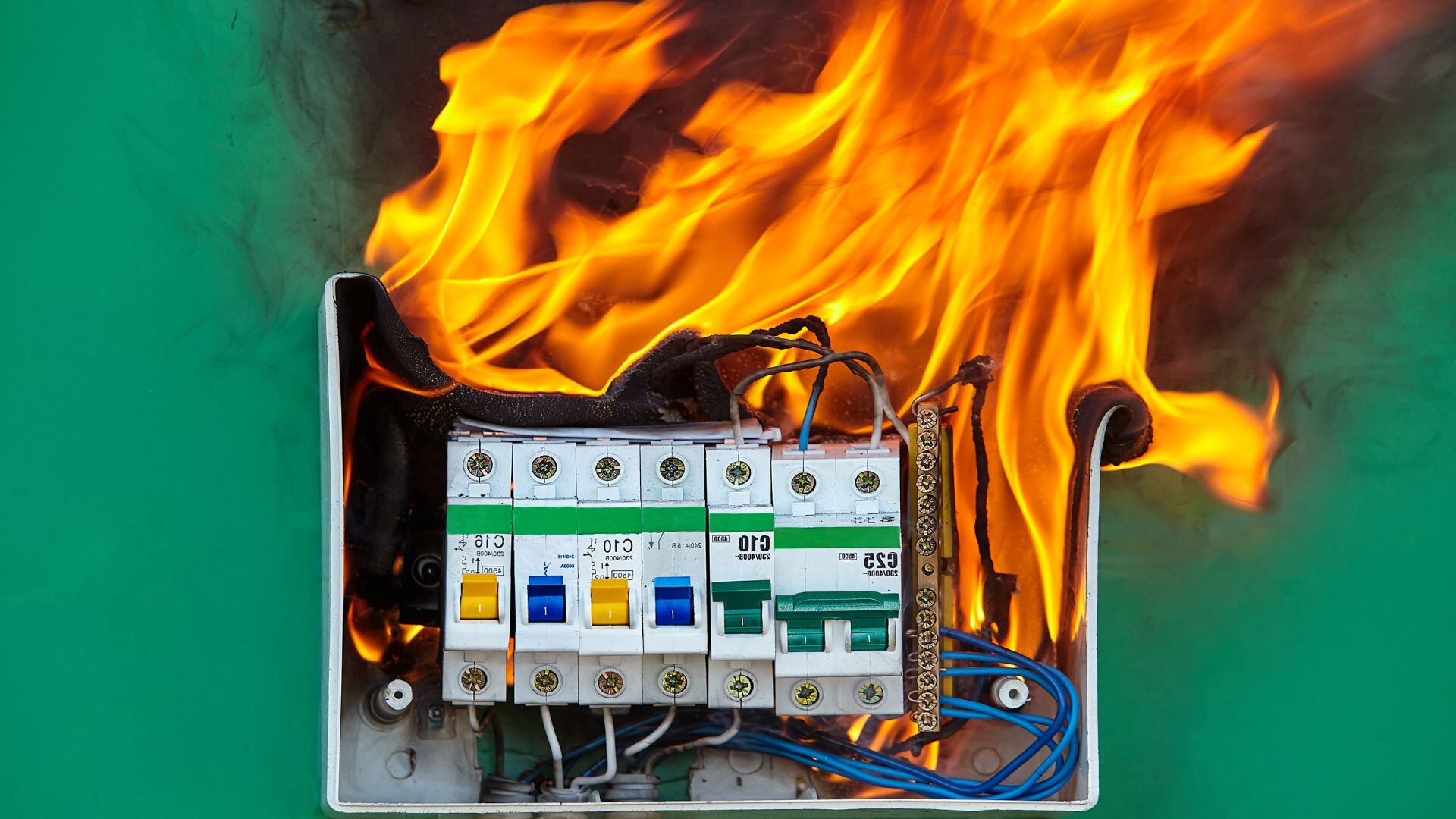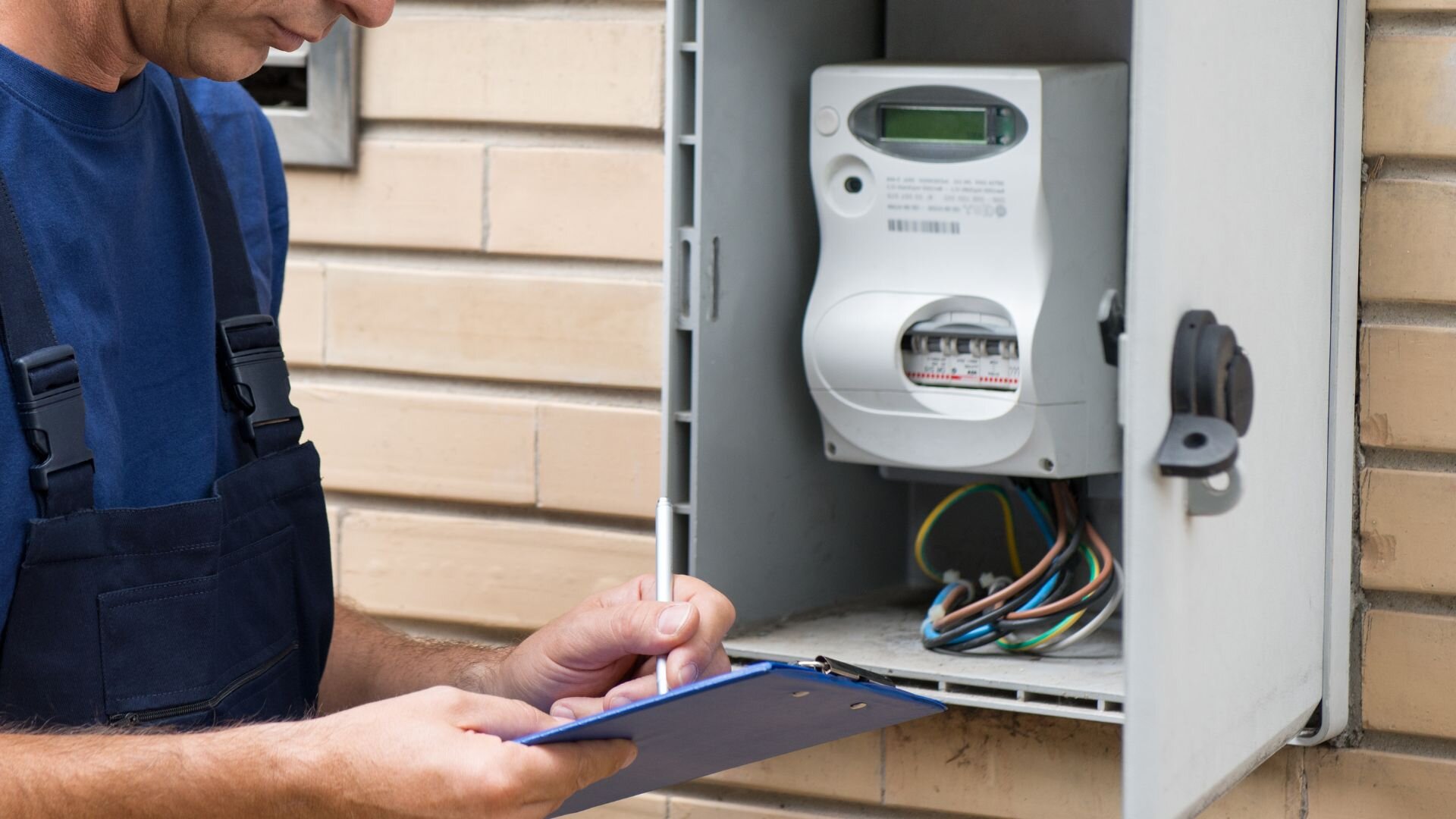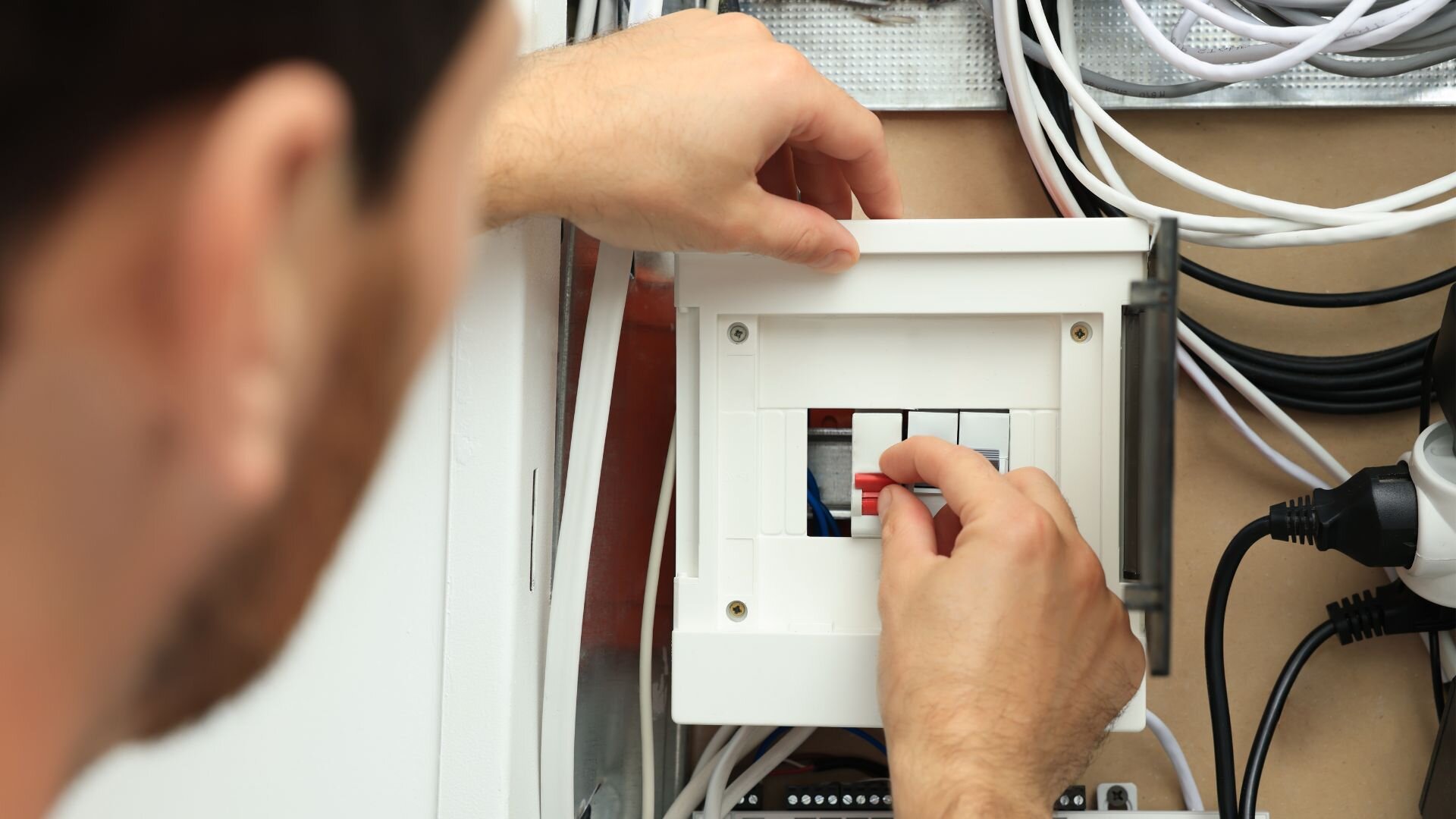Electrical fires are a silent yet deadly threat many homeowners overlook until it’s too late. In New South Wales alone, electrical faults and appliances are responsible for a staggering 40% of house fires yearly, equating to up to 1,800 incidents annually.
At Enersol, our Emergency Electrician Gold Coast - These fires often stem from hidden dangers—faulty wiring, overloaded circuits, or aging electrical systems—that lie dormant until they ignite a potentially devastating blaze. The hidden nature of these risks makes them particularly dangerous, as they can go unnoticed until they cause significant damage or, worse, endanger lives.
Regular electrical inspections are crucial in uncovering these concealed hazards, providing safety and confidence, and ensuring the well-being of both homes and businesses.
Comprehending the Dangers: Electrical Fire Risks
Electrical fire risks are more common than many people realise. The following sections will help you understand these risks, the situations where they are most prevalent, and the warning signs to look out for.

What Constitutes an Electrical Fire Risk?
Electrical fire risks refer to hazards in your home’s electrical system that can lead to fires if improperly managed. Common causes include faulty wiring, overloaded circuits, and outdated electrical systems.
Faulty wiring can result from poor installation or wear and tear over time, leading to short circuits or sparks that can ignite nearby materials. Overloaded circuits occur when too many devices are connected to a single circuit, causing it to overheat. Outdated electrical systems, especially in older homes, may not be equipped to handle modern electrical demands, posing significant dangers.
Hidden Dangers
Electrical fires often start unseen, making them particularly hazardous. They can ignite behind walls, attics, or inside electrical panels, smouldering for hours before becoming detectable. When these fires are noticed, they may have already caused significant damage, making them difficult to control.
Signs of Potential Electrical Fire Risks
Recognising the signs of potential electrical fire risks is crucial. Frequent circuit breaker trips can indicate an overloaded circuit or a shortage in the wiring. Flickering lights may signal a loose connection or faulty wiring. Any unexplained burning smell should be treated as an urgent warning of an electrical issue.
What an Electrical Inspection Can Reveal
Electrical inspections are crucial in identifying and mitigating fire risks. Below, we explore the key aspects of a professional inspection and why it’s so important.

Scope of a Professional Electrical Inspection
A professional electrical inspection covers a comprehensive range of checks to ensure your home’s electrical system is safe and up to standard. This includes assessing the integrity of the wiring and ensuring that all connections are secure and free from damage or wear.
The inspection also involves evaluating circuit load balance to prevent overloading, which can lead to overheating and fires. Additionally, the condition of electrical panels is thoroughly examined to ensure they are functioning correctly and not at risk of failure.
Uncovering Hidden Issues
One of the most critical aspects of an electrical inspection is its ability to uncover hidden issues that might not be immediately apparent. This can include deteriorating insulation on wires, which can lead to short circuits and fires.
Inspections can also reveal improper installations, where previous electrical work may have been done incorrectly or without adherence to safety codes. Outdated components can also be identified, such as old circuit breakers or wiring that doesn’t meet current safety standards.
These findings are essential, highlighting potential fire hazards that might go unnoticed.
The Dangers of DIY Electrical Work
DIY electrical work poses significant risks, as untrained individuals may overlook or inadvertently create hazards. Certified electricians are trained to spot issues that non-professionals might miss, making professional inspections vital.
The benefits of early detection through inspections are manifold, including preventing costly repairs that might arise from electrical failures and, most importantly, safeguarding the lives of occupants by reducing the risk of electrical fires.
Key Areas Inspected for Fire Risks
Several key areas within a property are carefully scrutinised during an electrical inspection to ensure overall fire safety. Each area plays a crucial role in preventing potential fire hazards.
Wiring Systems
Inspectors thoroughly assess the condition of wiring throughout the property. They look for signs of wear, damage, or outdated materials that could lead to overheating or short circuits.
Ensuring that the wiring is intact and up to current safety standards is vital in preventing electrical fires, as faulty or deteriorating wiring is a common cause of these incidents.
Electrical Panels and Circuit Breakers
The inspection of electrical panels is a critical aspect of fire risk assessment. Inspectors ensure that circuit breakers are functioning correctly and not overloaded, essential for preventing electrical fires related to electrical distribution.
An adequately maintained panel reduces the risk of overheating and ensures that the electrical system operates safely.
Outlets and Switches
Inspectors also check the integrity of all outlets and switches. They ensure these components are not overheating, discoloured, or showing signs of arcing, which can indicate an underlying fire risk. These issues could lead to electrical fires if left unaddressed, making this part of the inspection particularly important.
Appliances and Electrical Equipment
Major appliances and other electrical equipment are inspected to ensure they are connected correctly and do not draw excessive power. Overloaded appliances can overheat, leading to potential electrical fires, so ensuring they are safe is a key part of the inspection.
Smoke Alarms and Fire Detectors
Though not directly part of the electrical system, smoke alarms and fire detectors are also inspected as part of a comprehensive safety check. Ensuring they are in working order and properly installed is crucial for early fire detection and overall safety.
Signs You Need an Electrical Inspection

Knowing when to schedule an electrical inspection is crucial, as this can prevent serious hazards. Here are common signs that indicate the need for an immediate inspection:
- Frequent Electrical Issues: If you experience frequent tripping of circuit breakers, flickering lights, or outlets that are warm to the touch, these could be signs of underlying electrical problems that need urgent attention.
- Age of the Property: Older properties are likelier to have outdated wiring systems that may not meet current safety standards. If your property is over 20 years old and hasn’t been inspected recently, it’s time to schedule an inspection.
- Recent Renovations or Additions: Any recent renovations or additions to your property’s electrical system should be followed by a professional inspection. This ensures that all new installations are safe and compliant with current regulations.
- Lack of Regular Inspections: Even if there are no signs of electrical issues, regular inspections are essential for ongoing safety. They help identify potential problems before they become serious hazards, giving you peace of mind and protecting your property.
If you recognise any of these signs, don’t delay—schedule an electrical inspection to ensure your home’s safety.
The Role of Professional Electricians in Fire Prevention
Qualified electricians play a vital role in preventing electrical fires by using their expertise to identify and fix potential hazards—many of which may go unnoticed by the untrained eye. Through thorough inspections, they assess every part of your electrical system, from wiring integrity to circuit load balance, ensuring all risks are properly addressed.
Staying up to date with the latest safety standards and regulations is also a key part of their job. This ongoing education ensures that all electrical work meets current codes, reducing the risk of faults and failures.
Attempting DIY electrical work may seem like a quick fix, but it can create serious safety risks if critical issues are missed. Trusting a licensed electrician ensures your home’s electrical system is safe and compliant with industry standards—significantly reducing the risk of electrical fires.
Safeguard Your Property with a Comprehensive Electrical Inspection
Electrical safety is not something to leave to chance. Regular electrical inspections are a vital step in preventing fires and ensuring the safety of your property.
At Enersol Electrical, we understand the importance of safeguarding your home or business, which is why we offer comprehensive safety inspections carried out by our team of qualified electricians. Our experts are committed to identifying and addressing potential hazards before they become serious threats, giving you peace of mind and protecting what matters most.
Don’t wait for a warning sign to take action. Call Enersol Electrical today to schedule an inspection and take the first step towards creating a safer environment for you and your loved ones. Our inspections are thorough, up-to-code, and designed to keep your property safe from electrical risks.
Trust the experts at Enersol Electrical to keep your property secure. Professional inspections are invaluable in maintaining a safe and secure environment, and with Enersol Electrical, you’re partnering with a team dedicated to fire prevention and electrical safety. Make the smart choice today—schedule your inspection and ensure your home or business is protected. Explore our Emergency Electrician Gold Coast to learn more.